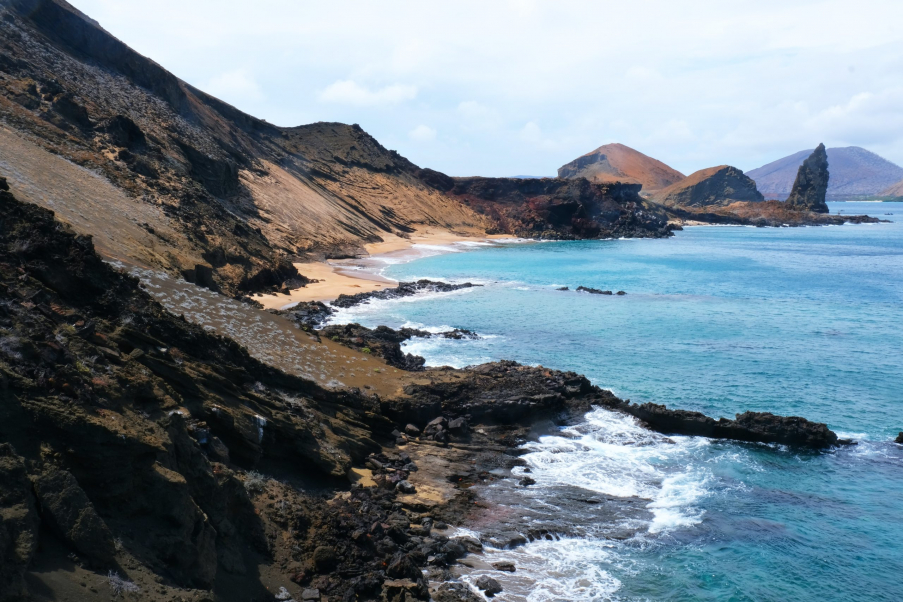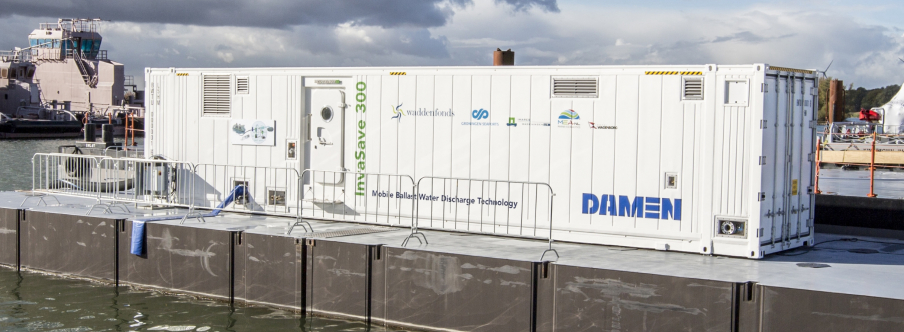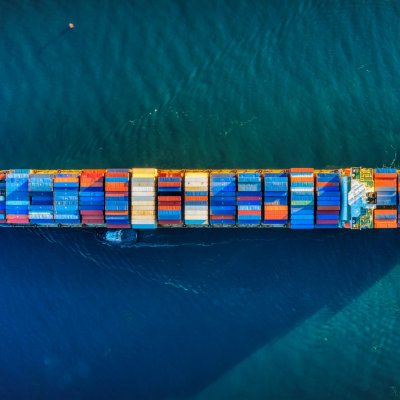Climate Investor Two delivering climate and social value to critical sectors
NDF has committed to Climate Investor Two (CI2), a fund designed to fast-track development and capital flow to three critical sectors, water, sanitation, and ocean infrastructure in Asia, Africa and Latin America. While these sectors represent big market opportunities, a sizeable investment gap still exists that the new fund is set to take on.
With climate change escalating and a global health pandemic, it’s hard to think of any services more important than the delivery of clean water for drinking and sanitation services, and yet these critical sectors continue to slide down investment agendas, particularly in the developing world.
CI2 is a follow-on fund from Climate Investor One, designed and managed by Climate Fund Managers, a Netherlands-based fund management group. Using the proven financing architecture tested in renewable energy projects by Climate Investor One, the new fund’s mission will be to bring commercial and institutional capital at scale to these more overlooked sectors.
Changing mindsets
“This will be a lot about showing that investments into water and sanitation are not as high risk as they might be perceived,” says Isabel Leroux, Program Manager at NDF. “But rather opportunities that can deliver critically important services while yielding financial returns.”
Given the ongoing success of Climate Investor One, the outlook for CI2 is promising.
“Climate Investor One has a number of projects that are already in construction phase or fully operational,” Leroux enthuses. “It’s difficult for projects to get all the way to the construction and operational phases, and this attests to the success of the financing model.”
The model’s success stems from its ‘whole-of-life’ funding approach, from development and construction through to operational, which aims to reduce risk while pooling both public and private financial resources at different project stages.
Accelerating development
At the high-risk development phase, small amounts of public-sector donor funding are put to work to catalyse larger amounts of private-sector funding at later stages.
The NDF has committed USD 15 million to CI2, but USD 5 million of this goes into the Development Fund, which is in keeping with the NDF approach of investing in the higher-risk development phase and getting more projects up to the construction phase.
“By picking up some of the initial high risk and uncertainty during project preparation,” Leroux explains, “we can smooth the way for more risk-averse commercial and institutional investors to come on board. Without this, many of these potentially high-impact projects would never get off the ground.” And, we are talking about infrastructure projects to provide services that people critically need, as well as funding amounts that are monumental. However, as Leroux sees it, it’s a win-win, because investors need to diversify their portfolios and spread their risk, while people in emerging markets urgently need access to clean water and sanitation services.
Protecting and expanding
In ocean infrastructure, CI2 has already committed to co-financing and co-developing some high-impact projects, notably, the expansion and protection of the 133,000 km2 Galapagos Marine Reserve, an area so rich in biodiversity that Charles Darwin credited his expedition there as a trigger for his theory of evolution.
The project is being implemented by the Oceans Finance Company with the support of the Ecuadorian government and will carry out blue carbon, coral, and mangrove restoration projects, as well as improve coastal zone and protection policies, while generally working for the climate resilience of the communities of the Galapagos islands.
Oceans are the beginning and end of the water cycle, driving our global economy and mitigating the impacts of climate change as the world’s largest carbon sink. If the development phase of the Galapagos project is successful, it will bring an investment opportunity of around USD 75 million for large-scale coastal construction and marine conservation financing.

Virus and bacteria in ballast
In water sanitation, CI2’s Development Fund has approved a project to support the leasing of a portable ballast water treatment solution, InvaSave, developed by Damen Shipyards Group, that can be used to rid ship ballast water of invasive species while they are in port.
Out at sea, ships take in large amounts of ballast water, which is then discharged at ports and typically contains invasive viruses, bacteria, plants and animals that can damage local ecology to the detriment of human health and economic well-being. The new funding agreement of EUR 2.8 million euro will create around 240 new jobs while contributing toward climate adaptation and preserving the future of marine ecosystems.

Nexus of development and climate
The selection of water, sanitation and oceans for CI2 was based on their contribution to mitigating and adapting to the impacts of climate change, as well as their clear development value. In this context, CI2 is very much in keeping with NDF’s core strategy of being a niche player at the nexus between climate change and development, with an emphasis on blue economy.
“The fund is also very much in line with what we keep hearing across the whole climate universe,” Leroux says. “At the most recent COP it was reiterated again and again, the need to mobilise more climate finance flows towards the developing world for climate resilience and adaptation.”

